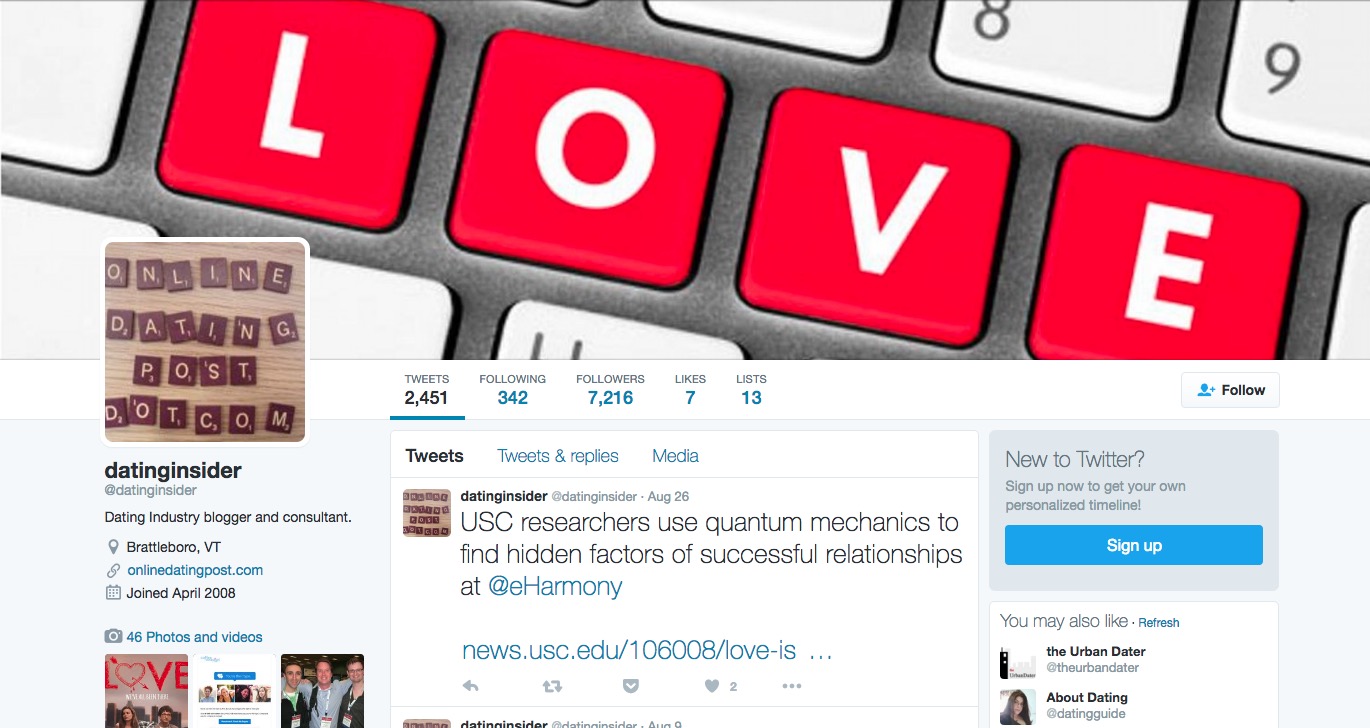Mark Brooks mentions an email he received from Chemistry.com announcing a Feb 2007 Playboy interview with Dr. Helen Fisher titled Chemical Romance. I’m working with Chemistry to launch a blog for Dr. Fisher, who is responsible for the matching system at Chemistry.com. Helen’s blog is located at helenfisher.typepad.com
I have to say, until recently, I’ve not been a big fan of personality testing on dating sites. Too much of a black box process, who knows if the questions are right, how are the data processed, what are the primary assumptions that dating site tests are built upon?
Unless you have a PhD, you’re at the mercy of the test designers and most people just want to go on a decent date.
Given the nature of the people designing tests for dating sites (secrecy, lack of transparency, no major peer reviews), it’s no wonder we take Yahoo and Eharmony’s matching system at face value, instead focusing on the demographic of available singles in a particular area.
In the post, Helen talks about her experience doing brainscans on people in love, fascinating stuff, and I like the fact that she will continue to develop the questionnaire, instead of publishing it once and being done with it like some other sites.
Dr. James Houran, who created the True.com matching system weighs in, and as always, Fernando Ardenghi weighs in from Argentina with his thoughts on scientific matching.
Scientific matchmaking has a long way to go. Eharmony makes hundreds of millions of dollars every year with their system, but is it the system or the commercials that people respond to?
Maybe Chemistry has built a better system, or some new site will come along with a better mousetrap (Fernando, when are you going to launch a site based on your system?). What I want is to see the report of all these sites in 10 years, then we’ll know which ones are most effective. For now, I’m learning all I can about the different systems and how they work, I knew that Psych 101 course in college was going to be good for something.

